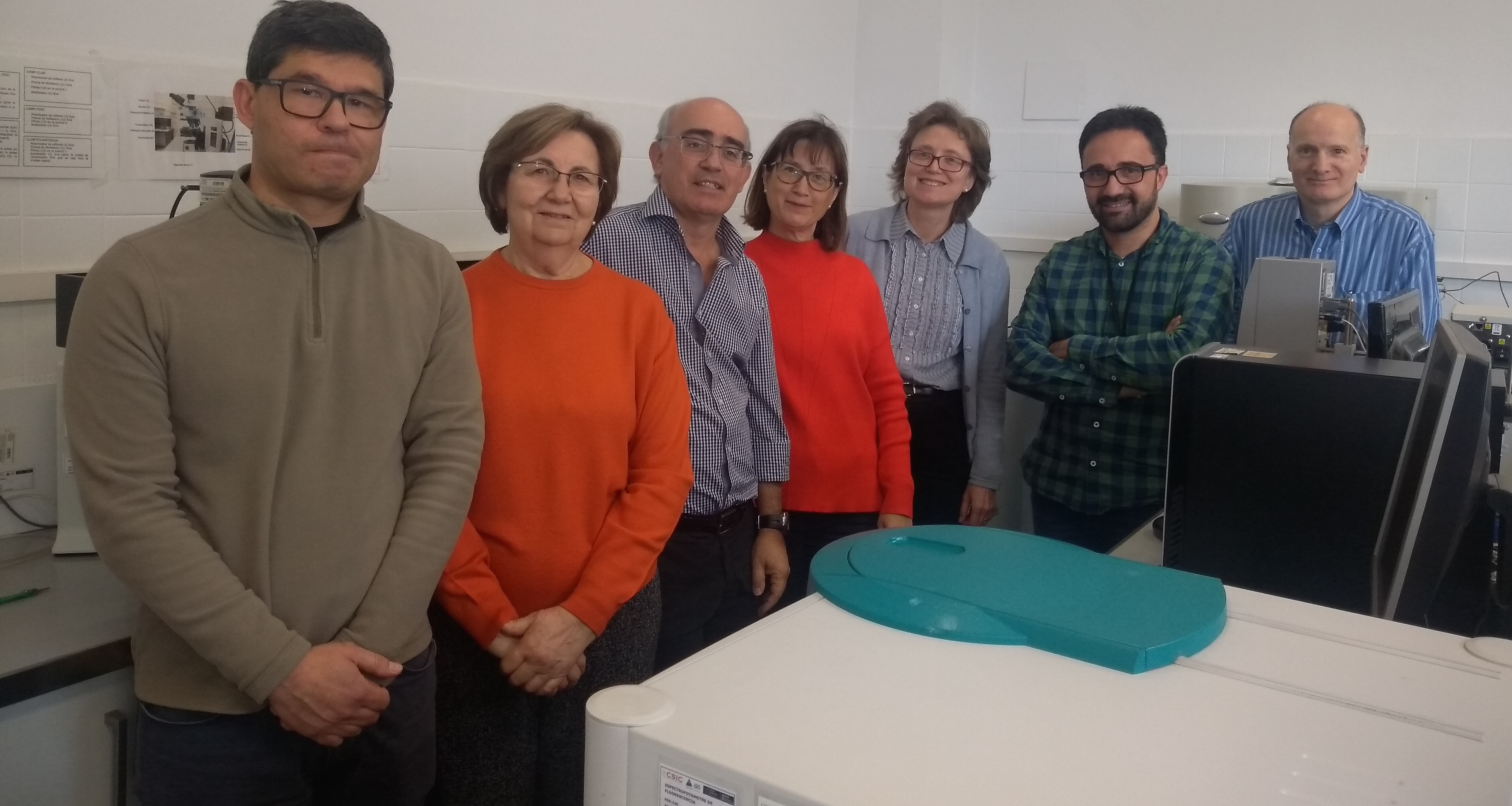
Researchers of NANBIOSIS U12 Nanostructured liquid characterization unit and U29 Oligonucleotide Synthesis Platform (OSP) of CIBER-BBN at IQAC-CSIC have obtained successfully ethylcellulose nanoparticles with positive zeta potential formed from nano-emulsion complexation with an antisense oligonucleotide which result very promising complexes for “in vitro” cell transfection.
A new non-viral gene delivery vector has been developed, based on ethylcellulose, an easily available and low cost carbohydrate polymer, “generally recognized as safe” by the FDA. Although ethylcellulose is nonionic, positively charged nanoparticle dispersions have been obtained using nano-emulsion templates in cationic:non-ionic surfactant-based systems. The nanoparticles have been successfully complexed with negatively charged phosphorothioate antisense oligonucleotides. These short nucleic acid chains are advantageous as they show improved cell penetration ability and higher resistance to degradation by nucleases. The nanoparticle:oligonucleotide complexes obtained show suitable transfection efficiency and are promising for “in vitro” gene transfection purposes.
This research has been developed through the close collaboration between the Colloidal and Interfacial Chemistry group led by Dr. Carlos Rodríguez Abreu, and the Nucleic Acids Chemistry group led by Dr. Ramon Eritja as well as the NANBIOSIS U12 and U29 Units. Both groups belong to the Institute of Advanced Chemistry of Catalonia (IQAC-CSIC) and the CIBER-BBN.
Article of reference: Leitner, S.; Grijalvo, S.; Solans, C.; Eritja, R.; Garcia-Celma, M. J.; Caldero, G., Ethylcellulose nanoparticles as a new “in vitro” transfection tool for antisense oligonucleotide delivery CARBOHYDRATE POLYMERS 229,1, 115451, 2020; DOI: 10.1016/j.carbpol.2019.115451








